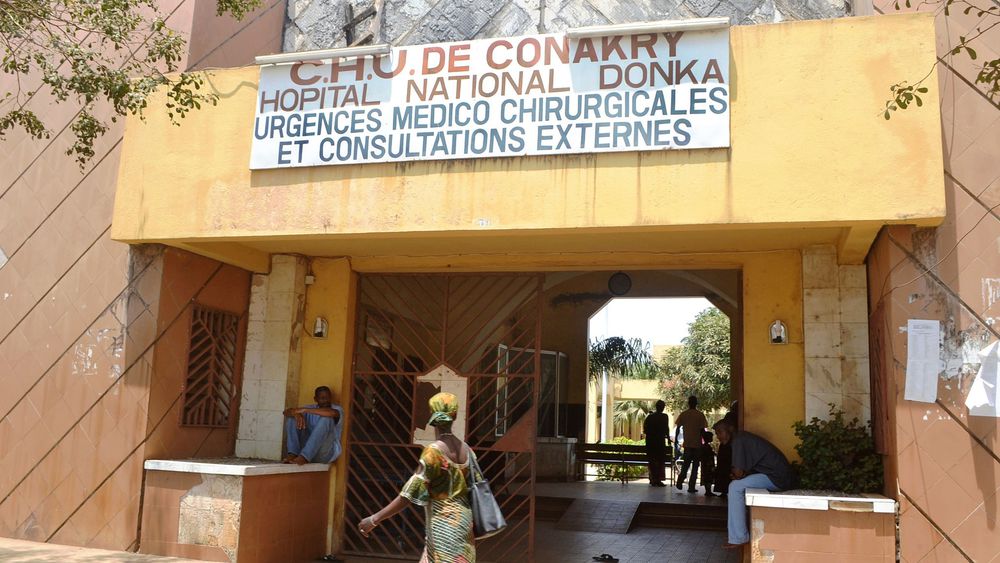Mohamed Dadjane Keita is Director of Research Operations at the Center for HIV and Mental Health Research at the University of Miami.
It focuses on an urgent issue: the creation of a health solidarity fund to save lives in Guinea. The researcher takes as his starting point the regrettable fact that Guinean citizens are excluded from hospital emergency services on the pretext that they cannot afford to pay the fees associated with their treatment. For the author, there is an urgent need to set up a health solidarity fund (FSS), pending the effective introduction of the CSU mechanism. This fund would make it compulsory to treat people, especially the most needy and vulnerable, in all the country’s hospital emergency departments.
But how will this fund be financed? The country, which is undergoing a period of political transition, needs to look into innovative sources of financing. The Guinean Ministry of Health and Public Hygiene therefore has a duty to consult with stakeholders in the sector to consider how to implement this health solidarity fund, while at the same time relaunching, in a strategic and sustained way, consultations for the effective implementation of the CSU.


